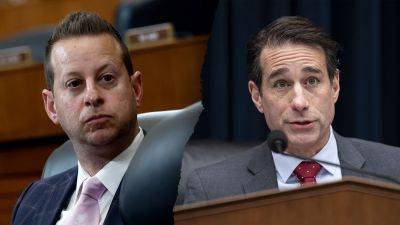NOAA Issues Its Most Aggressive Storm Forecast Yet Ahead Of Hurricane Season
This year’s hurricane season in the Atlantic is expected to be among the worst in decades, the U.S. government’s weather agency warned Thursday.
Meteorologists with the National Oceanic and Atmospheric Administration are forecasting an 85% chance of an above-normal season, with four to seven major hurricanes — storms producing winds of 111 mph or more — predicted to develop over the next six months.
“The forecast for named storms, hurricanes, and major hurricanes is the highest NOAA has ever issued for the May outlook,” Rick Spinrad, the agency’s administrator, said in a news conference.
In total, the agency expects 17 to 25 storms strong enough to be named, including eight to 13 hurricanes and four to seven major hurricanes. NOAA said its forecasters have a 70% confidence in these ranges.
The forecast is similar to those made by other meteorologists.
Researchers at Colorado State Universitylast month said they anticipate 23 named storms — and of them, 11 hurricanes, five of which will reach major hurricane strength. AccuWeather’s meteorologists said they expect 20-25 named storms, including eight to 12 hurricanes and of them, four to seven major hurricanes.
Climate scientists at the University of Pennsylvania have warned of even more dire conditions,estimating a record 33 named storms will occur this season.
Among other reasons, researchers have cited the near-record high ocean temperatures in the Atlantic, resulting from La Niña conditions in the Pacific, as responsible for the heightened storm conditions. Reduced Atlantic trade winds and less wind shear, also effects of La Niña, are also expected to increase the chances that hurricanes and tropical storms will form.
NOAA also pointed to climate change as one cause of







